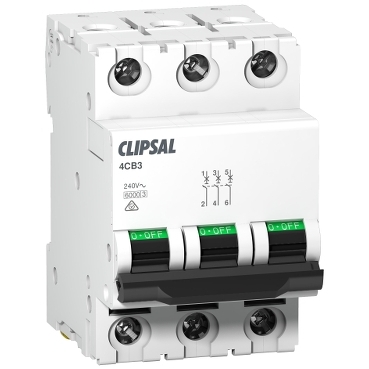A circuit breaker is a critical safety device used in electrical systems to protect circuits from overloads and short circuits. In Australia, including New South Wales (NSW), circuit breakers are installed in switchboards to automatically disconnect the power when they detect an abnormal current flow, thereby preventing damage to the wiring and reducing the risk of electrical fires.
Circuit breakers are designed to trip when the electrical current exceeds a predetermined threshold. In NSW, they must comply with the AS/NZS 60898 standard, which specifies performance and safety requirements. Common ratings for residential circuit breakers include 10A, 16A, and 20A, matching the typical current requirements for household circuits.
There are two main types of circuit breakers: miniature circuit breakers (MCBs), which protect against overloads and short circuits, and residual current devices (RCDs), which protect against earth faults and leakage currents. While MCBs handle the load, RCDs provide additional safety by detecting imbalances in the electrical circuit.

Regular testing and maintenance of circuit breakers are essential to ensure their proper function. In NSW, compliance with AS/NZS 3000 is required to ensure that all circuit breakers are correctly installed and operational, helping to safeguard both people and property.